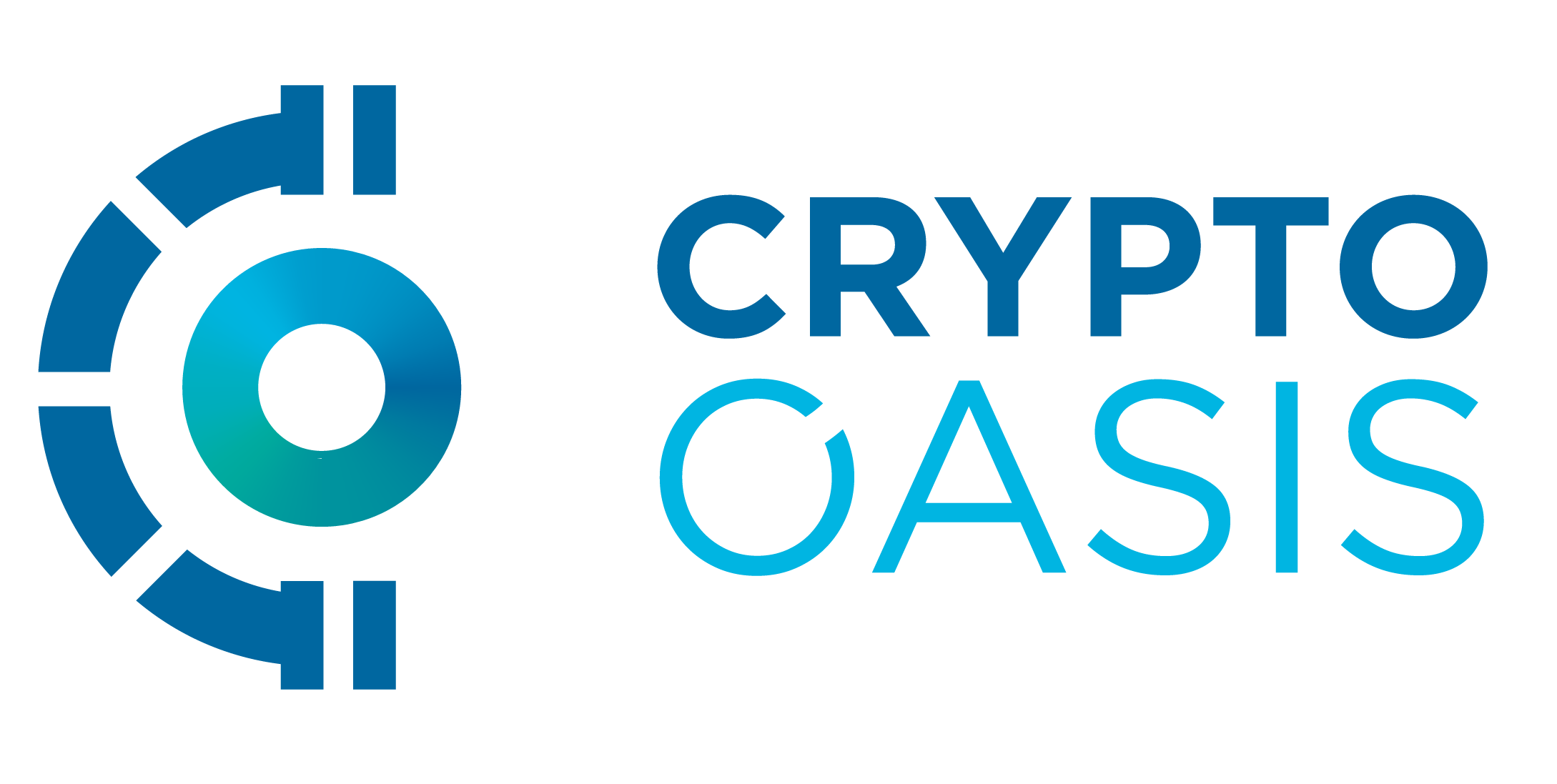“The opportunities in the Metaverse are unlimited.” Says Jawad Ashraf, CEO and co-founder of Virtua, a gamified Metaverse which provides immersive and interactive experiences, in Web3 Gaming and digital collectibles. “We are building digital universes without physical boundaries and immeasurable potential.”
An industry leader in NFTs, Blockchain and the Metaverse, Ashraf has spent decades at the forefront of innovation in emerging technology. He now splits his time between his home and office in Dubai, London where Virtua launched and Virtua’s development hub in Pakistan.
“Dubai is an excellent part of the world from which to operate,” says Ashraf. “With the support of Sheikh Hamdan Bin Mohammed Bin Rashid Al Maktoum, Crown Prince of Dubai, and Chairman of The Executive Council of Dubai, Dubai will lead the way into the Metaverse globally.”
The Crown Prince’s Dubai Metaverse Strategy aims to create over 40,000 virtual jobs by 2030 and add $4 billion to the emirate’s economy. The Dubai Metaverse Assembly in September will also bring together over 300 global experts and thought leaders from over 40 companies. This support is a clear indication that the region recognises the opportunity in the Metaverse.
Virtua is one of a number of organisations leading the way in the development of the Metaverse, it’s bought together experienced technology and gaming professionals, with Web3 innovators, to create a unique Metaverse open to all. The platform launched at a screening of Ready Player One, the film billed as a trailer for Virtua’s ambitions in the Metaverse.
“The Metaverse is an exciting, enthralling and inspirational space, yet to be fully realised and explored,” says Ashraf. “At this decisive moment in time, we are all transitioning aspects of our lives into the Metaverse, collectively taking the most significant step towards living aspects of our lives in digital worlds.”
Virtua recently commissioned its own research into the Metaverse, looking at the value of digital items – the possessions we will take into the Metaverse as skins, environments, digital collectibles and NFTs. These digital items will become the building blocks of the Metaverse and ultimately part of our virtual identities.
Perceptions around the value of digital items are changing from one generation to the next, with children asking for skins for their gaming characters alongside physical presents. And with social media now so prominent, how we are represented in the digital space is becoming as important as representational in our day-to-day lives.
Ashraf says, “We embarked on the Digital Ownership Report, to survey sentiment around digital items in 2022 and to map out how those feelings will change in the future. Web3 represents another leap in technology, similar to the impact of the internet, and we’re only going to see these technological leaps accelerate in their adoption.”
Among many interesting findings, the survey revealed that 42% of consumers surveyed buy, sell or trade digital items, and 73% would prefer to own digital items than stream them. Furthermore, over half (54%) of consumers surveyed who purchase digital goods agree that they would prefer to receive a digital item as a gift rather than a physical one.
“The survey results are fascinating,” says Ashraf. “They offer a clear indication that digital items already have a value. That value is only going to increase as we move further into the Metaverse. What we didn’t expect to see was how valuable digital items already are and for many a preference to streaming, or owning physical items.”
With the Metaverse predicted to become a trillion-dollar industry, there’s clearly a huge opportunity in the space for those brave enough to take the leap. With Virtua soon to launch its own Metaverse, it will be in a unique position to see the value of digital items evolve and curate its own digital Ecosystem.
“As well as developing these incredible digital spaces, we must also consider policy and regulation.” Says Ashraf. “How law and order are implemented, how health and well-being are managed, while building long-term digital economies. Which should include self-regulation as part of a global Metaverse framework.”
“We want to create a Metaverse that is accessible to all – a space without physical limitations, that enables new communities, experiences and interactions, never before possible. Welcome to the Metaverse.”

